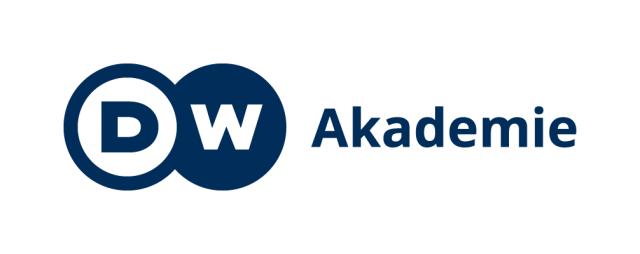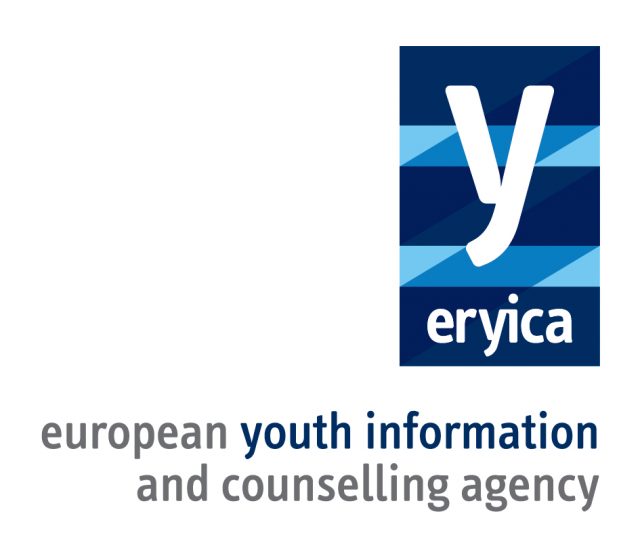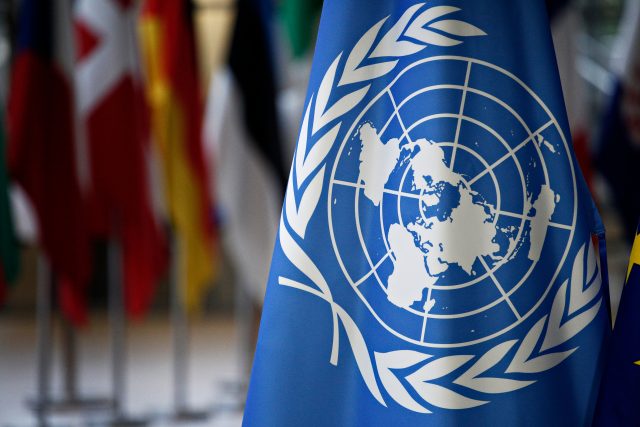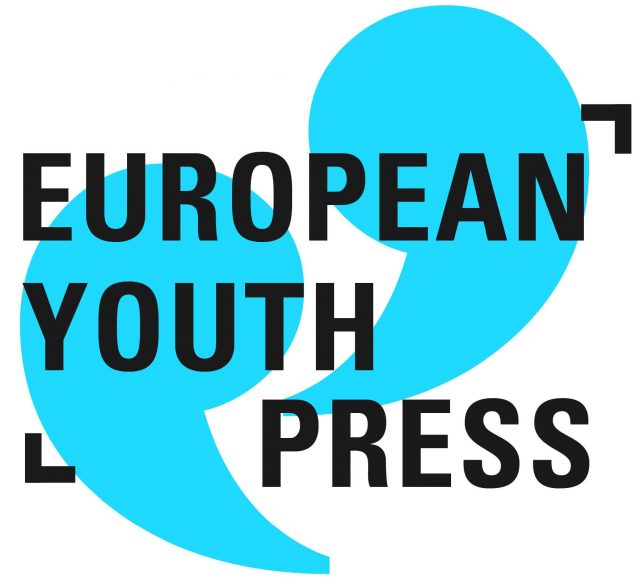Media, Information & Critical Thinking
With growing connectivity and descending prices for personal computers and smartphones, more and more children and young people are gaining access to online media. This trend comes with a number of risks, such as being exposed to harmful content or manipulated into sharing private information, and has yet inevitable negative influence on how those young media users behave and feel once they come across media content and engage with it.
At the same time, the advancement in media development and the flow of information demand certain competencies from the audience, like safely accessing, critically analysing and evaluating the sources, in order to effectively process the information. Finally, the digital divide – the growing gap in the access to modern information and communication technologies that exist between certain regions and demographics – underlines the importance of finding a new way to address the challenge.
Thus, a new discipline emerged, which in 2011 was given a name “ Media and Information Literacy” or shortly “MIL”.
According to UNESCO’s most used definition, MIL is defined as “a set of competencies that empowers citizens to access, retrieve, understand, evaluate and use, to create as well as share information and media content in all formats, using various tools, in a critical, ethical and effective way, in order to participate and engage in personal, professional and societal activities”
The ultimate goal of MIL is to empower people to exercise their universal rights and fundamental freedoms, such as freedom of opinion and expression, taking advantage of emerging opportunities in the most effective, inclusive, ethical and efficient manner for the benefit of all individuals.
Critical thinking as a key concept
Being such a broad topic, MIL keeps many important concepts under one roof. Critical thinking, being one of them, is one of the core 21-century competencies and is given a lot of attention in the pages of the Participation Resource Pool.
Critical thinking is defined as “an ability to examine and analyse information and ideas in order to understand and assess their values and assumptions, rather than simply taking propositions at face value” (UNESCO, 2013).
Critical thinking has a crucial influence on the human behaviour: for example, when exposed to a shocking piece of news, a person with a critical mind does not jump to quick conclusions, nor do they react by immediately sharing it to other people before they question the information given, but rather look for verification and the logic behind the message. A person with a critical mind is also able to assess the reasoning behind the choice of format, timing and manner of communication. With media being influenced and controlled by political agenda so much, staying critical to the information we consume helps us form our own personal opinions, and oppose the attempts to be fooled by questionable sources.








